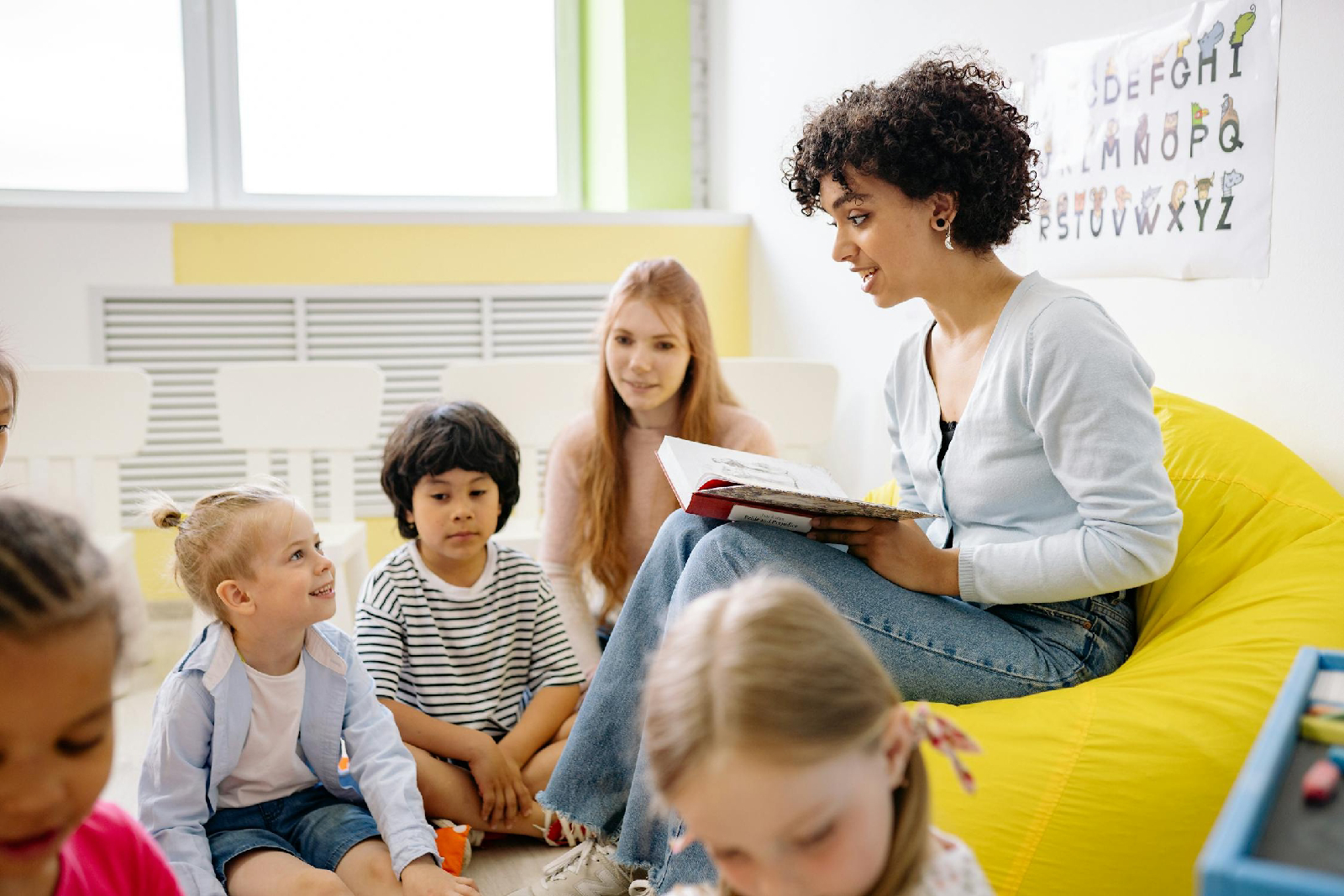Every parent dreams of seeing their child thrive—curious eyes, excited questions, and that little spark of joy when they discover something new. But in a world filled with fast-paced routines and endless digital distractions, how do we nurture young minds in ways that are both fun and meaningful? The answer lies in the beautiful intersection of play and learning. At Kidspired Life, we believe that play isn’t just about passing time—it’s how children naturally learn about themselves, others, and the world around them. Through intentional, hands-on experiences, we can help our kids grow cognitively, emotionally, and socially while keeping their days filled with joy.
Imagine a toddler stacking colorful blocks for the first time. To the outside eye, it might look like simple play, but in reality, that child is learning about balance, cause and effect, and even basic physics. They’re practicing patience, problem-solving, and hand-eye coordination. When we offer children the space and materials to explore freely, we open up a world where their imagination and intelligence flourish together. You don’t need fancy toys or high-tech tools to stimulate your child’s mind. Often, the best learning happens with the simplest things. A bowl of rice and a few measuring cups can turn into a sensory play session that teaches volume, fine motor skills, and even early math. At home, you can create a learning-rich environment by incorporating everyday activities that allow kids to move, touch, experiment, and ask questions. Our collection of sensory play ideas is a great place to begin if you’re looking for easy, affordable activities that support brain development.
Arts and crafts are another fantastic way to combine play and learning. When your child picks up a crayon and draws a picture, they’re not only expressing creativity—they’re building language skills by telling stories about their art, practicing fine motor control, and learning about shapes and colors. You can guide this process by introducing simple themed projects, like drawing animals and discussing their habitats or creating weather charts that help kids understand daily changes in nature. For some fun seasonal inspiration, explore our craft ideas for curious minds. These projects are more than just fun—they’re gateways to deeper thinking and meaningful conversations.
Pretend play is one of the richest forms of learning. When kids dress up as doctors, chefs, or astronauts, they’re exploring social roles, building vocabulary, and exercising empathy. A cardboard box can become a spaceship, a grocery store, or a puppet theater. These imaginative adventures allow children to experiment with real-world scenarios in a safe and joyful way. According to the Harvard Center on the Developing Child, such play helps build executive function—skills like planning, focusing, and problem-solving—that are essential for school readiness and lifelong learning.
Even chores can become learning moments. Inviting your child to help in the kitchen teaches math through measuring ingredients, science through cooking changes, and life skills that build confidence. Try age-appropriate tasks like sorting laundry by color or setting the table, turning them into fun games with little challenges or songs. You’ll be amazed at how much children absorb through simple participation in everyday routines. If you’re looking for creative ways to blend chores with learning, our kid-friendly kitchen activities offer some playful ideas.
Music and movement are also powerful learning tools. Dancing to a beat improves coordination and rhythm, while singing nursery rhymes strengthens memory and language. Add in some basic instruments like shakers or a small drum, and you’ve got an interactive session that supports auditory learning and emotional expression. Don’t worry if you’re not musically inclined—just clap, stomp, sing, and enjoy the moment. Learning is most effective when it’s fun and shared.
Nature, too, offers endless opportunities for learning. A simple walk can turn into a science expedition if you’re observant. Collect leaves and talk about seasons, look for insects and discuss habitats, or track the changing sky and introduce basic weather terms. When children interact with the natural world, they develop curiosity, responsibility, and a deeper appreciation for life. For more outdoor learning inspiration, visit our post on educational backyard fun.
As parents and caregivers, we don’t have to choose between playtime and learning time—they can be one and the same. By offering enriching, engaging activities that encourage discovery, we help our children build strong foundations in literacy, science, math, emotional intelligence, and more. It’s not about creating a perfect curriculum—it’s about being present, observing what excites your child, and providing the right tools and encouragement to let their minds grow. Remember, every question they ask, every puzzle they solve, and every story they tell during play is a step toward becoming thoughtful, capable individuals.
At Kidspired Life, we’re passionate about helping families raise bright, curious, and happy kids. Explore more of our play-based learning tips and discover how easy it is to turn everyday moments into meaningful learning adventures. Because when we allow our kids to play and learn freely, we don’t just entertain them—we inspire them for life.







